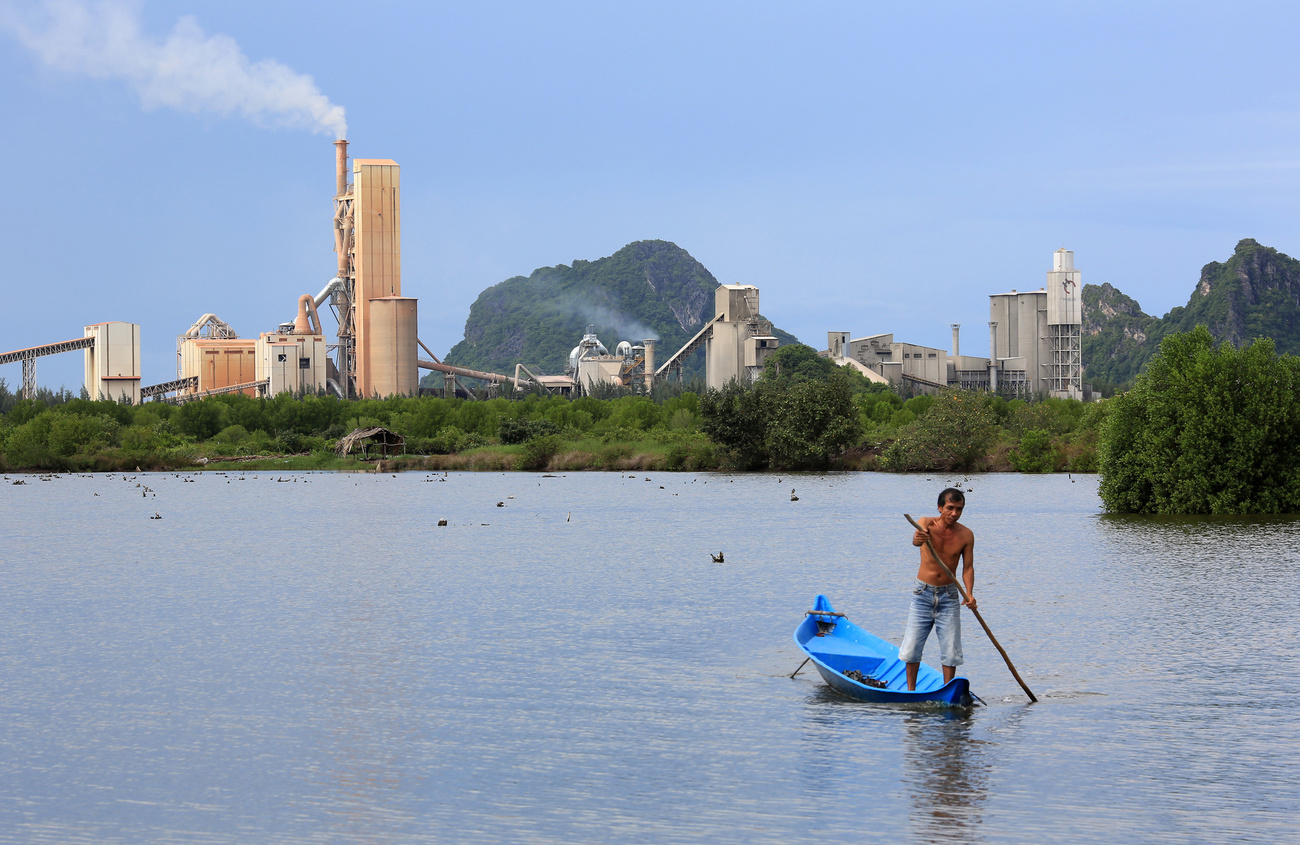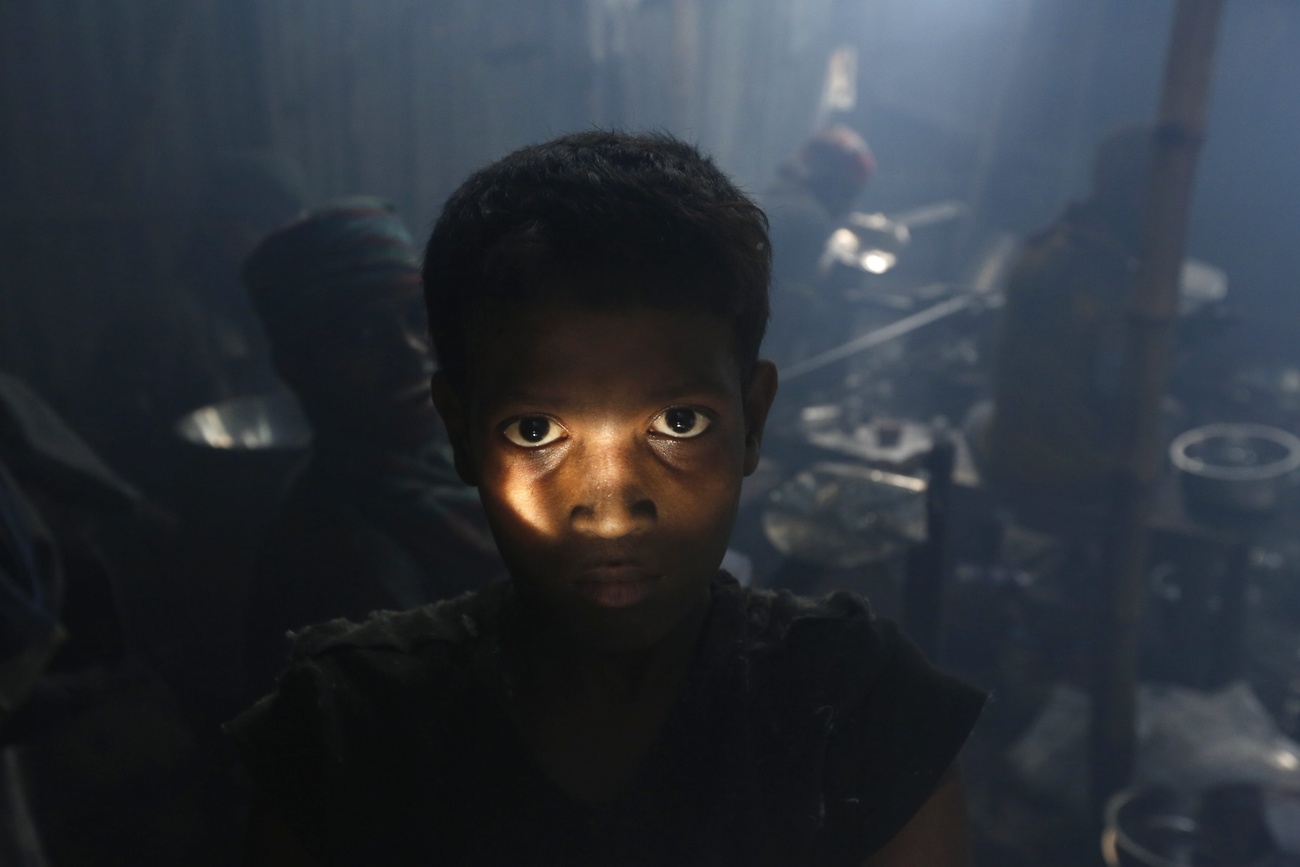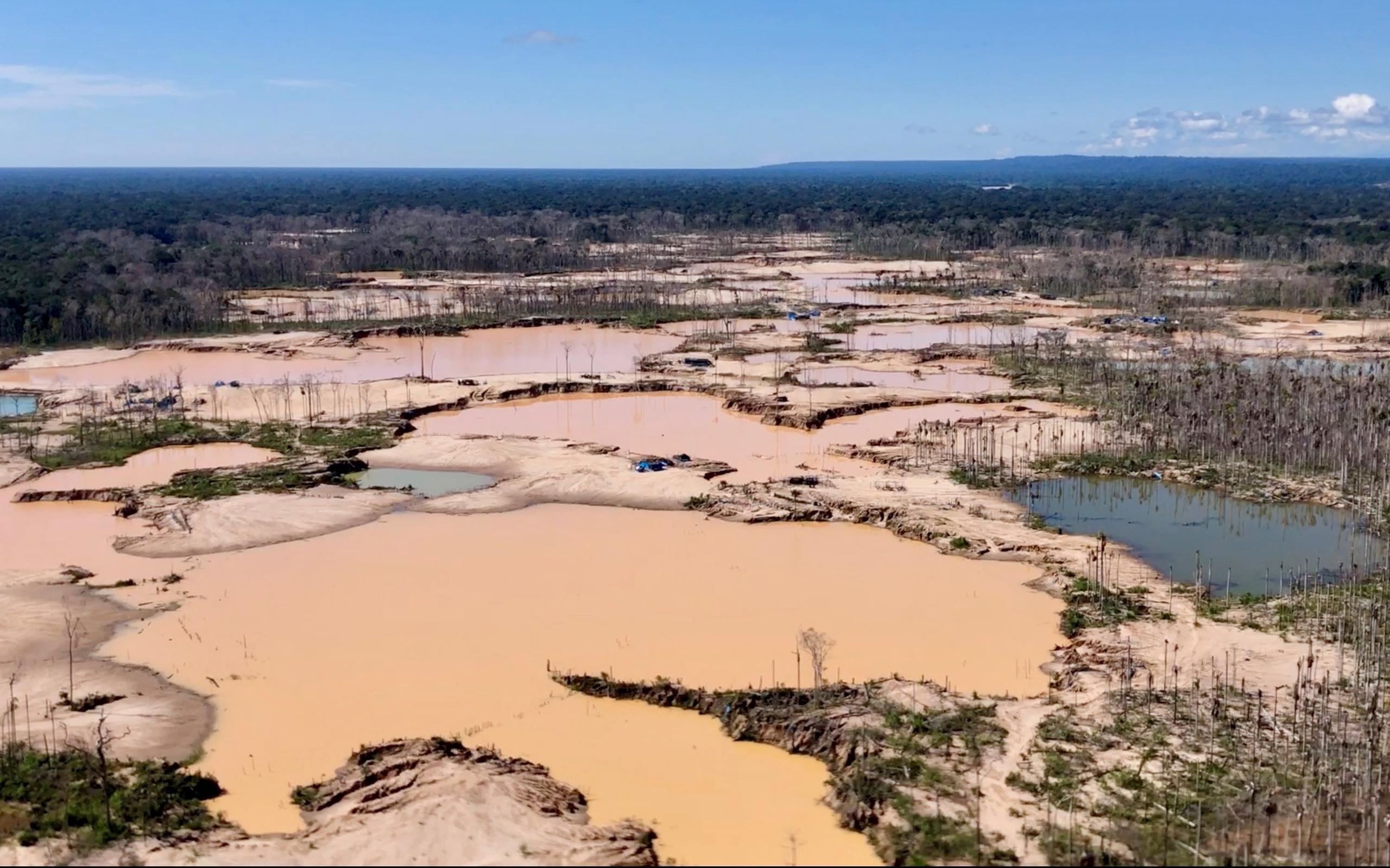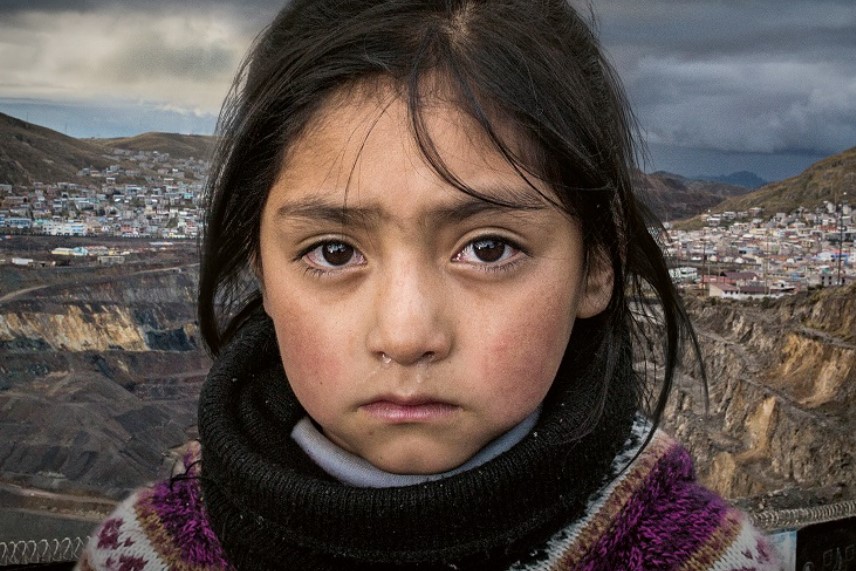Swiss corporate responsibility vote reflects wider trend

One of the most controversial issues in the debate on the ‘responsible business’ initiative, which goes to a nationwide vote on November 29, concerns the scope of the Swiss proposal, compared with regulations in other countries. Is Switzerland poised to break new legal ground all on its own?
“The initiative would introduce new standards for corporate civil liability that are unique in the world.” This is how Swiss Minister of Justice Karin Keller Sutter summed up one of the key points in the federal government’s opposition to the ‘responsible business’ initiative, at a press conference in early October.
The question is: are the standards proposed by the Swiss initiative really stricter than those in force or under discussion in other countries?
The answer is far from straightforward. Corporate responsibility has been the subject of much debate and legislative action in various countries, in particular since the UN adopted its Guiding Principles on Business and Human RightsExternal link in 2011. The laws passed or under discussion in different countries are not easily comparable, as they are based on different legal systems and approaches. The picture becomes even more complex if, beyond the specific regulations, we take a look at procedural law and jurisprudence.
The French example
One of the legal instruments most often cited in the debate on the ‘responsible business’ initiative is the French corporate duty of vigilance lawExternal link. This act, adopted by the French National Assembly in 2017, obliges multinational companies domiciled in France and employing at least 5,000 people to draw up a due diligence plan to prevent any serious violations of human and environmental rights by their subsidiaries, subcontractors and suppliers.
Companies that do not comply with their duty of care may be liable under civil law to provide compensation for damage caused by insufficient or non-implementation of the due diligence plan.
By explicitly extending civil liability to suppliers, the French law goes beyond the Swiss initiative. At the same time, its scope is limited by the threshold number of employees required for the law to apply. The Swiss text, meanwhile, states only that the needs of small and medium-sized enterprises not operating in risk sectors shall be taken into account.
Reversal of the burden of proof?
The French corporate duty of vigilance law requires that the plaintiff prove both the damage suffered and the link between the damage and the company’s lack of due diligence. Under the Swiss initiative, meanwhile, a company may avoid civil liability if it can demonstrate that it exercised the required due care.
This point has been particularly criticised during the voting campaign by the initiative’s opponents, who speak of a “reversal of the burden of proof”.
Many lawyers take a more nuanced view, however. In a July 2019 report, the Swiss Institute of Comparative Law noted that it is difficult to draw any parallels, as the definitions of liability in the two countries are based on very different concepts. However, the institute was inclined to consider exculpatory evidence as a factor moderating the force of the law.
Child labour and forced labour
While the French law, like the Swiss proposal, covers a broad range of situations, other countries have adopted rules pertaining to the violation of particular human rights or specific sectors of the economy. Thus, in May 2019, the Netherlands Senate passed a lawExternal link obliging all companies providing goods or services to Dutch consumers to determine whether child labour occurs in their supply chains and to take any necessary measures to combat it.
In the event of non-compliance with the duty of care, a company may be fined, although the sanctions are rather light, and are not triggered automatically but on appeal by a third party. Repeat offenders may, however, be subject to criminal sanctions. The law does not provide for the possibility of pursuing civil action.
As early as 2015, the United Kingdom passed the Modern Slavery ActExternal link, which requires companies operating in the country and with a turnover of more than £36 million (CHF43.5 million or $47.6 million) to publish an annual statement on the steps taken to prevent forced labour and human trafficking across the entire supply chain.
The act, which was inspired by a similar California lawExternal link, stipulates potentially unlimited fines for companies that fail to comply with their duty of care, but does not impose corporate liability. The UK law also served as a basis for the drafting of a forced labour billExternal link in Australia.
Minerals and transparency
In the wake of the 2008 financial crisis, the Dodd-Frank ActExternal link came into force in the United States in 2010. It includes a section on the use of problematic raw materials (so-called ‘conflict minerals’, in this case tantalum, zinc, gold and tungsten). The law requires mining companies to disclose the use and source of such minerals and sets standards and rules to ensure cash flow transparency.
In 2017, the European Union also adopted a Conflict Minerals RegulationExternal link, applicable to companies headquartered in the EU. Its approach is similar to that followed in the counter-proposal to the ‘responsible business’ initiative, which was approved by the Swiss parliament and will come into effect if the initiative is rejected. The counter-proposal establishes reporting and due diligence obligations in the fields of child labour and conflict minerals.
A look at the case law
As seen above, the ‘responsible business’ initiative, like the French law, differs from other instruments in that it addresses in a general way the issue of companies’ civil liability for the actions of their subsidiaries or of other companies controlled by them. But does this really mean that Switzerland is heading into uncharted territory? Indeed, other legal systems also contain elements of liability by parent companies for harm caused by their subsidiaries. And if we look at international jurisprudence, in addition to the actual laws, we can see that the initiative is not completely alien to what is happening elsewhere.
Back in 1995, the British Court of Appeal ruled, in a case related to mercury poisoning at the subsidiary of a British company in South Africa (Thor Chemicals Limited), that parent companies may be held liable for damage caused by their subsidiaries around the world.
Other similar cases are currently being discussed in the British and Canadian courts. One example is the lawsuit filed by villagers in Zambia against a London-based mining companyExternal link and its local subsidiary for toxic emissions.
Similar developments can also be observed outside the English-speaking world. For instance, in 2017, the Ikebiri community of Nigeria brought a civil suit against the Italian oil company ENI, before the Court of Milan, for environmental damage caused by the extraction operations of a local subsidiary.
A further consideration which reduces the scope of the corporate liability initiative is Swiss procedural law. This places significant obstacles in the way of anyone seeking to file a lawsuit, in particular as regards the cost and the possibility of obtaining documents from the opposing party.
While the Swiss initiative is undoubtedly groundbreaking in its ambition to establish a broad and coherent legal framework in the field of corporate responsibility and human and environmental rights, it is certainly not an isolated move on the international stage. Added to which the actual range of the proposal, if approved, will still need to be defined, as parliament hammers out a law for its implementation.

In compliance with the JTI standards
More: SWI swissinfo.ch certified by the Journalism Trust Initiative








Join the conversation!